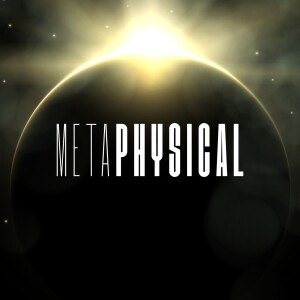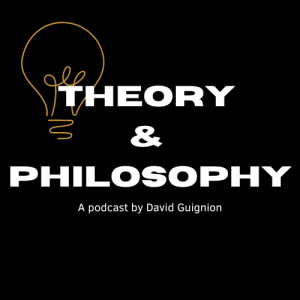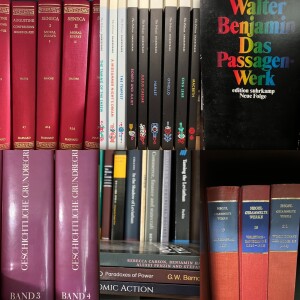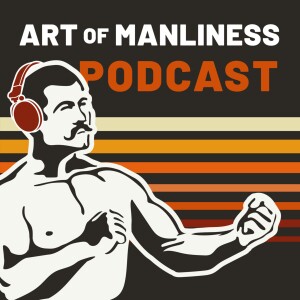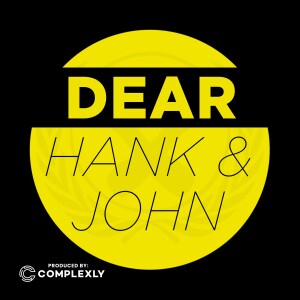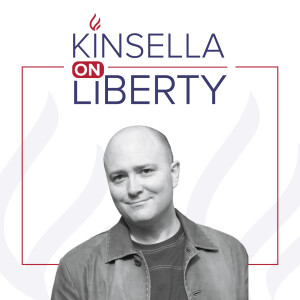

Kinsella On Liberty
KOL333 | Jeff Tucker: Understanding IP: An Interview with Stephan Kinsella (2010)
2021-05-08
Kinsella on Liberty Podcast, Episode 333.
This is my interview by Jeff Tucker (Oct. 9, 2010), which preceded my first presentation of the Mises Academy course “Rethinking Intellectual Property: History, Theory, and Economics” (Nov.-Dec. 2010). For the second presentation in 2011, see KOL172 | “Rethinking Intellectual Property: History, Theory, and Economics: Lecture 1: History and Law” (Mises Academy, 2011).
Transcript below.
Understanding IP: An Interview with Stephan Kinsella, Mises Daily (...
Kinsella on Liberty Podcast, Episode 333.
This is my interview by Jeff Tucker (Oct. 9, 2010), which preceded my first presentation of the Mises Academy course “Rethinking Intellectual Property: History, Theory, and Economics” (Nov.-Dec. 2010). For the second presentation in 2011, see KOL172 | “Rethinking Intellectual Property: History, Theory, and Economics: Lecture 1: History and Law” (Mises Academy, 2011).
Transcript below.
Understanding IP: An Interview with Stephan Kinsella, Mises Daily (Oct. 21, 2010)
10/21/2010Jeffrey A. TuckerStephan Kinsella
Jeffrey Tucker:
Stephan Kinsella, it's a pleasure to have you here today. Welcome.
Stephan Kinsella:
Thank you. It's good to be here.
Tucker:
We're going to talk about your class for the Mises Academy, on intellectual property.
Kinsella:
Yes, I'm looking forward to it. We've been planning it for quite a while, as you know. I think the first course will be on November 1st for six weeks and then we'll take a week off. We'll have time to go in depth into many of the issues about intellectual property and its relationship to libertarianism, economic theory, and various other areas.
Tucker:
Why is this an important issue?
Kinsella:
Well, it's becoming a more and more important issue as we've seen in our circles and as seen on the internet. Daily, we see horror stories and crazy examples of abuses of IP. People are starting to wonder if these are really abuses of IP or if there's something wrong with IP itself.
In the past, free-market economists and libertarians have sort of given this issue a pass. They took it for granted. It's been in a corner all by itself. Now people are wondering, and as we start looking more closely at it, we can see that a lot of the assumptions about IP have been wrong.
Tucker:
It's striking you mention the history of thought here and why this issue is sort of crystallizing in our time, especially with your pioneering monograph on that subject, Against Intellectual Property.
It's generally true, isn't it, that that theoretical element of economics or law or whatever catches up when the practical need for that new theory comes along. For example, the theory of money and credit was made necessary by the advent of central banking.
So, 50 years ago, IP wasn't that big a deal.
Kinsella:
I think that's completely true. Mises said something I've always loved. (Everyone focuses on a few of his statements that other people don't see, because he has so many great aphorisms and things.) He pointed out that in his view economics is purely deductive reasoning from a priori categories. Plus, then you explicitly introduce certain assumptions to make it interesting. [See my post Mises: Keep It Interesting.] "Interesting" was something I always focused on. So, in other words, we could talk hypothetically about a barter society forever, but it won't get us that far. So let's introduce the assumption that there is money in society. It's not a priori that there is money, but there could be money and, if there is, then certain things follow from it.
I think that likewise in libertarian theory certain things become interesting at a certain point. In the past, as you mentioned in your talk yesterday here at the Supporters' Summit, it was not as easy as it is now to replicate information. There was sort of a tie in previous times between a good that was produced, like a book, and the information in it. The information in the book was in the physical copy of the book, so you could easily find a way to sell that. Now, with information being so easy to copy —
And, of course, as Cory Doctorow mentions in one of his articles and speeches, do we think we are going to get to a point where it is going to get harder to copy and to spread information? No, it's only going to get easier.
These things have made people confront the issue of the morality and the politics of sharing information.
View more
Comments (3)
More Episodes
All Episodes>>Create Your Podcast In Minutes
- Full-featured podcast site
- Unlimited storage and bandwidth
- Comprehensive podcast stats
- Distribute to Apple Podcasts, Spotify, and more
- Make money with your podcast
It is Free
